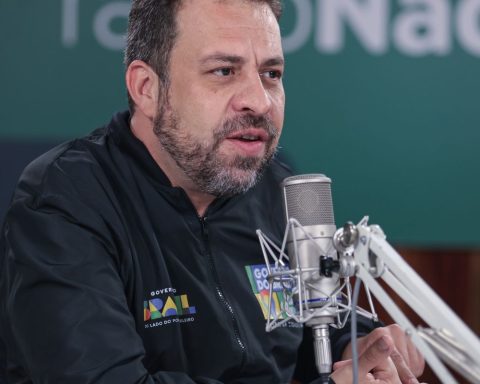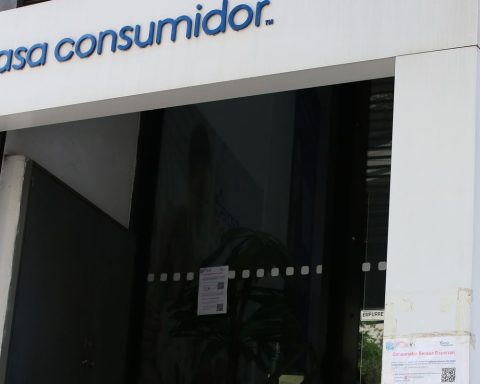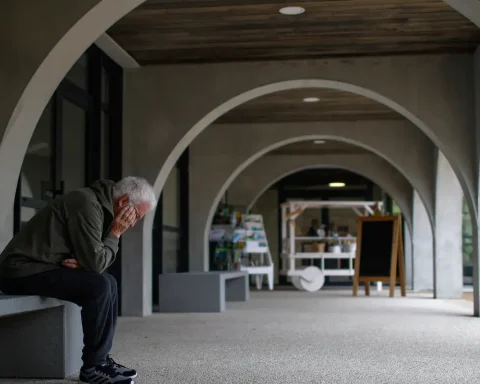Data from the Ministry of Health indicate that more than 90% of the active pharmaceutical ingredients (APIs) currently used in Brazil for the production of medicines are imported. In addition, only 50% of medical equipment is produced nationally.
The deficit estimate is R$20 billion. “We cannot have the reality we have today: a trade deficit of R$20 billion, which represents the second largest trade deficit,” said the Minister of Science and Technology, Luciana Santos.
“We have seen how harmful our dependence on healthcare is. We saw this during the COVID-19 pandemic. We depend on respirators, which are medium-complexity equipment, and even masks, revealing how cruel the situation is,” he said. “The denialism was even crueler because, when you deny it, you don’t even care, you don’t make any kind of investment. This combination of what happened, denialism and dependence, which is historical, has led us to a situation where it is difficult to face the health crisis,” he added.
When participating in an interview with radio stations during the Bom Dia, Ministra program, produced by Brazilian Communications Company (EBC)Luciana recalled that, in an attempt to reverse these numbers, the country resumed investments in the health industrial complex, including the production and distribution of equipment, medicines, biological products and diagnostics, and clinical research. “We produced the vaccine against COVID at Butantan, together with Coronavac, and Astrazeneca together with Fiocruz, but we did not have IFAs. We depended on active pharmaceutical ingredients.”
“We can do this when there is investment. We have already invested R$2 billion in the current period in the healthcare industry, whether in the pharmaceutical sector or in the solutions and equipment sector,” he said. “That is why we have set this 90% target. So that we can not only solve an economic problem, but also create a production chain in the country that is extremely rich and extraordinary.”
The minister cited as an example the Brazilian Company of Hemoderivatives and Biotechnology (Hemobrás), a state-owned company whose proposal is to research, develop and produce blood-derived medicines to primarily serve the Unified Health System (SUS).
“By next year, we will be producing a medicine called recombinant Factor VIII (Hemo-8R), which is very important for hemophiliacs, who need solutions and medicines from plasma. We will produce recombinant Factor VIII, which alone will reduce the trade deficit by 1.2% in terms of imported medicines. We can produce new molecular entities; it is possible to do this. We also have a robust system in the area of equipment. We will go far because we are making investments,” he concluded.
















